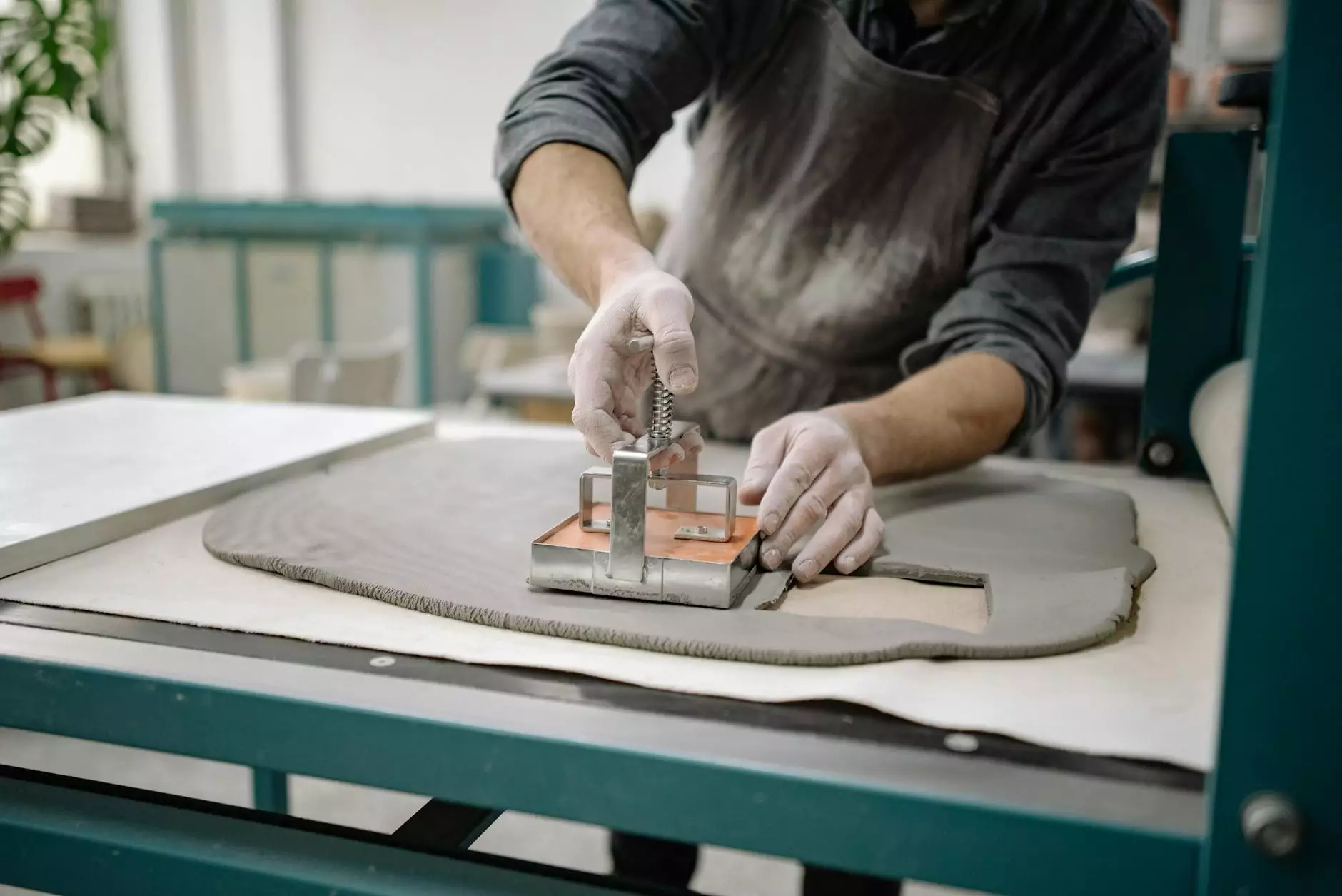Understanding the Significance of Mould Manufacturing Companies

The role of mould manufacturing companies is vital in today's industrial landscape. These entities serve as the backbone of various industries, significantly impacting product design, functionality, and quality. In this comprehensive article, we will delve into the inner workings of the mould manufacturing industry, focusing on key aspects such as plastic mould making, injection moulding, and much more.
The Evolution of Mould Manufacturing
The history of mould manufacturing dates back several centuries, evolving from simple hand-crafted techniques to today's advanced technological processes. Initially, moulds were crafted by artisans through trial and error, making the process both time-consuming and inefficient. However, with the advent of modern engineering and computer-aided design (CAD) technologies, mould manufacturing companies can now create highly precise and complex moulds with great speed and consistency.
Key Processes in Mould Manufacturing
1. Designing the Mold
The first step in the mould manufacturing process is designing the mould itself. This is a critical phase where engineers utilize CAD software to create detailed 3D models of the intended mould. Factors analyzed during this stage include:
- Dimensions: Accuracy is paramount, as even minor errors can result in significant production issues.
- Material Selection: The choice of material for the mould affects durability, cost, and thermal properties.
- Cooling Systems: Effective cooling designs can greatly enhance the production speed and quality of the molded product.
2. CNC Machining
Once the design is finalized, the next step is to create the mould through CNC machining. This process allows for the precise cutting and shaping of the mould materials, typically steel or aluminum, into the desired shapes. CNC machines are capable of:
- Removing material with high precision
- Producing complex geometries that are often impossible to achieve with traditional methods
- Enhancing user productivity by reducing setup times
3. Injection Moulding
After the mould has been created, it is ready for the injection moulding process. In this stage, molten plastic is injected into the mould to produce the final product. This process is integral to many industries, including automotive, electronics, and consumer goods. Key advantages of injection moulding include:
- High production rates: Once the mould is set up, thousands of parts can be produced in a short timeframe.
- Reduced waste: Material usage is optimized, minimizing excess waste.
- Consistent quality: Each part produced can be identical, ensuring consistent quality.
Types of Mould Manufacturing Companies
Mould manufacturing companies can vary significantly based on their specialization, capabilities, and target industries. Here are a few categories:
1. Plastic Mold Makers
These companies focus specifically on creating moulds for plastic products. They are skilled in the intricacies of different plastics and how they interact with various mould designs. Plastic mould makers are essential for mass-producing items ranging from simple household goods to complex automotive components.
2. Custom Mould Manufacturers
Custom mould manufacturers provide tailored solutions to clients based on specific project needs. This often involves a collaborative design process, where the client's vision is translated into a functional mould through expert engineering.
3. Large-Scale Mould Producers
Companies that focus on large-scale production typically invest in advanced machinery and technology that allows them to produce large volumes of moulds efficiently. These companies play a significant role in industries that require high production rates, like consumer electronics or automotive parts.
The Importance of Quality Control in Mould Manufacturing
Quality control is a paramount component in the operations of mould manufacturing companies. In a world where customers demand perfection, implementing stringent quality checks is essential. This can include:
- Material Inspections: Ensuring that raw materials meet stringent standards before production.
- Dimensional Verification: Using calibrated measuring equipment to guarantee that the moulds meet specified tolerances.
- Functional Testing: Moulds are tested to verify that they perform as intended under actual production conditions.
Challenges Facing Mould Manufacturing Companies
Despite the advancements in technology and processes, mould manufacturing companies face several challenges that can impact their operations:
1. Material Costs
The fluctuating costs of raw materials can affect production budgets and pricing strategies. Companies must stay vigilant and adaptable to market changes.
2. Skilled Workforce Shortage
The demand for skilled professionals in engineering and manufacturing has outpaced the available workforce. Investing in training and development is crucial for the sustainability of the industry.
3. Technological Advances
While tech advancements can provide opportunities, they also require ongoing investment to stay competitive. Companies must keep pace with new technologies such as 3D printing, which is becoming increasingly popular in mould production.
The Future of Mould Manufacturing
The landscape of mould manufacturing is set to evolve further in the coming years. Several trends are emerging that could redefine industry standards:
1. Adoption of Industry 4.0
Industry 4.0, characterized by automation, data exchange, and IoT integration, is becoming integral to manufacturing. Mould manufacturing companies are leveraging smart technology to improve efficiency and reduce downtime.
2. Sustainable Practices
With a growing emphasis on environmental sustainability, companies are being urged to adopt greener practices, such as using recycled materials and improving energy efficiency throughout the mould production process.
3. Enhanced Customization
The demand for personalized products is rising, meaning that mould manufacturers must be more adaptable than ever. Custom solutions are key to meeting unique client requirements and standing out in a competitive market.
Conclusion: The Essential Role of Mould Manufacturing Companies
Mould manufacturing companies play an essential role in the production of countless products that we use every day. As key players in sectors like automotive, consumer goods, and electronics, their contributions are indispensable. By focusing on quality, innovation, and sustainability, they not only meet the demands of the present but also set the stage for future advancements in manufacturing. Working with experienced professionals in this field, like those at Hanking Mould, can ensure high-quality results in every aspect of mould design and production.





